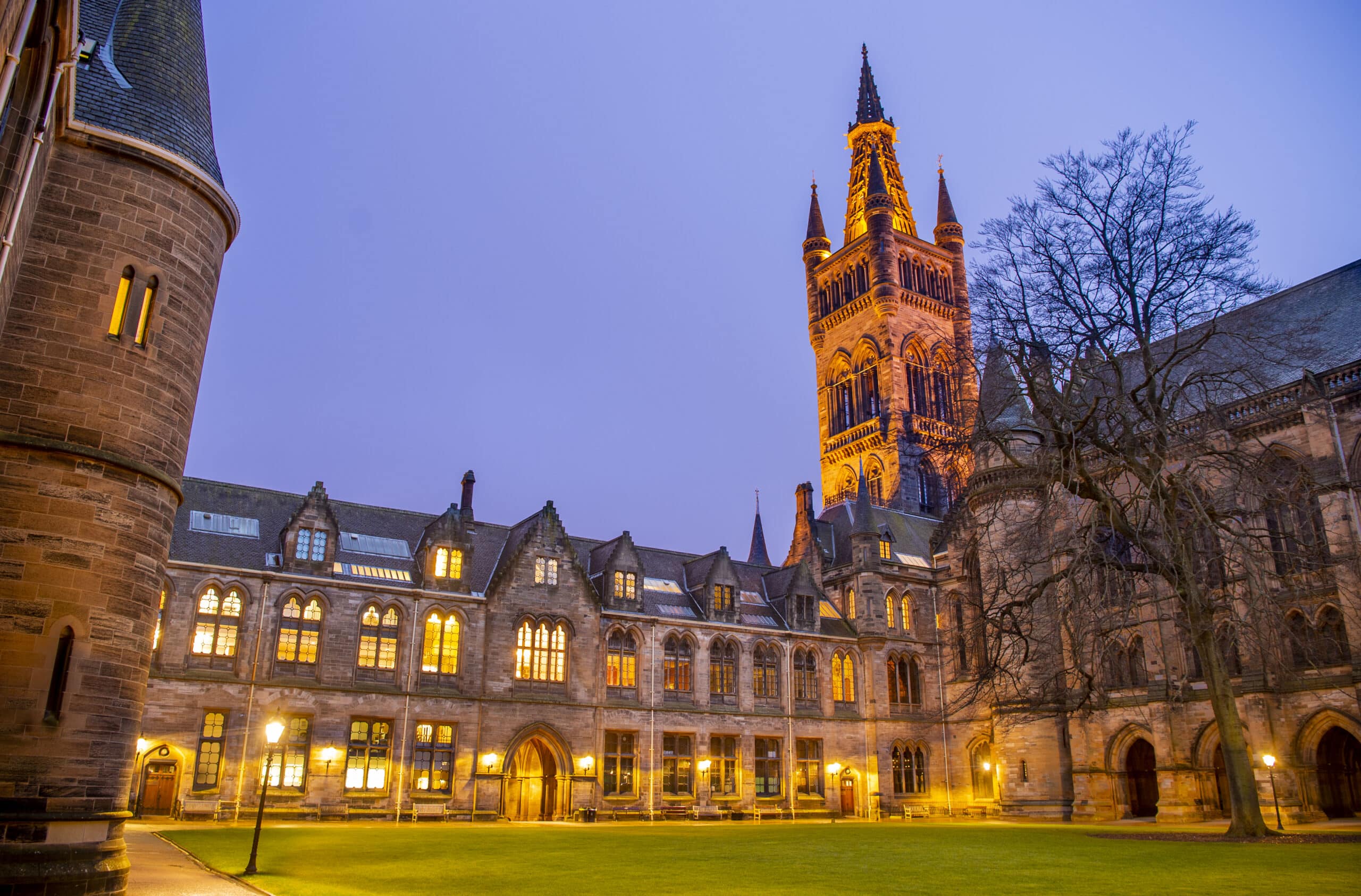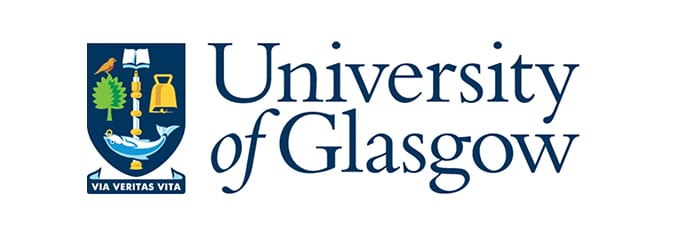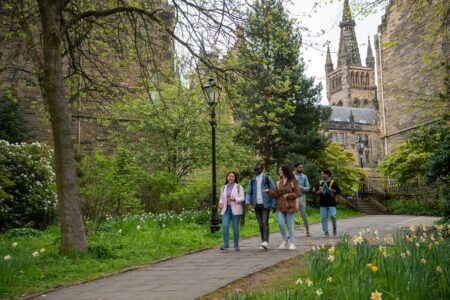Ana Isabel Mendoza, a student from Mexico and the US, sought to understand how and why people move – a central component in urban planning. Her interest and passion led her to pursue an Urban Transport MSc at the University of Glasgow.
The master’s programme had many courses focused on making transport greener, safer and more accessible to all users – the ideal trifecta to combat cases of auto-related deaths, unhealthy communities and a rise in greenhouse gas emissions. These were the kind of issues Mendoza hoped to solve in her future career.
“Since graduating, I have been working at a regional planning commission in the midwestern portion of the US,” says Mendoza. “As an Assistant Planner, I help create transportation plans, regional comprehensive plans, and project plans for our region, with a sustainability, equity, safety, and community-orientation lens.”
Students and alumni like Mendoza can be confident that their time at the University of Glasgow will contribute towards meeting the United Nations’ 17 Sustainable Development Goals (UN’s SDGs), specifically making cities and human settlements inclusive, safe, resilient and sustainable.

As a university committed to the Sustainable Development Goals (SDGs), the University of Glasgow has been ranked 19th in the world for its positive impact on society, according to the Times Higher Education Impact Rankings 2022. Source: University of Glasgow
“The programme certainly introduced me to the UN’s SDGs, and it is something that I use and focus on in my work today,” she says. “Living and working in a community projected to suffer from extreme heat waves and flooding as the climate crisis worsens, understanding the UN’s goals helps me better prepare my community to become resilient to these changes and mitigate the effects to come.”
Waqas Ahmed Barlas, a Public Policy & Management MSc graduate from Pakistan, agrees: “I had opted for two such courses which were focused on sustainability being offered under my master’s programme.”
“These courses included Sustainable Housing Development and Housing, Inequality and Society. My dissertation was also based on UN policymaking and how effective policies can be made at the UN to address such issues.”
The University of Glasgow is committed to contributing to the delivery of the SDGs and making a global difference. “We know the responsibilities of the university go beyond world-changing research and teaching to having a positive impact on society here in Glasgow as well as in Scotland, the UK and the rest of the world,” says Principal and Vice-Chancellor of the University of Glasgow Sir Anton Muscatelli.
The university’s rankings show it has what it takes to take on the defining task of this generation. In the QS World University Rankings 2023, the University of Glasgow ranks among the top 100 universities. It is also ranked second in the world for its efforts in progressing towards the 11th UN SDG, Sustainable Cities and Communities, in THE Impact Rankings 2022.
Each Urban Studies programme is designed to equip you with the knowledge and skills to make cities and communities sustainable – the kind that withstands environmental challenges and thrives amidst social, economic and political changes. The Urban Big Data Centre (UBDC) supports this learning by contributing to the data and analysis behind the strategy.
At this research centre, big data and innovative research methods are used to improve the social, economic and environmental well-being of cities. UBDC’s data service enhances the quality and accessibility of big data along with the methods for urban analytics – supporting a wide range of applications and users.
Close collaboration with a wide range of government, industry and third-sector partners ensures the UBDC understands real-world challenges. This collaborative approach helps researchers identify opportunities and gaps for the centre to influence policy and practice.
Training sessions, tool kits and public events such as workshops and seminars help to produce the next generation of social researchers – those equipped with skills and knowledge in data science.
With a research centre like UBDC, Urban Studies students like Barlas benefit from practising a data-centric approach: “Evidence, Evaluation, and Policy was one of the best modules being offered, and I thoroughly enjoyed it. The course changed my perspective towards policy formulation from the traditional and descriptive approach to a more scientific and data-based policy making.”
For Mendoza, the Quantitative Data course stood out. “My team and I were given UK weather forecasts and CCTV footage. We were instructed to create a model that predicts pedestrian footfall according to the weather on a given day,” the graduate explains.
Beyond the dynamic programmes, international students get to be part of a diverse campus community, work with faculty from over 140 countries and experience what it’s like to address global issues by discussing them in a multicultural setting.
Find out more about Urban Studies postgraduate programmes at the University of Glasgow, and discover how you can improve quality of life for people through the social, economic, environmental and physical aspects of cities.
Follow the University of Glasgow on Facebook, Twitter, Instagram and YouTube.













